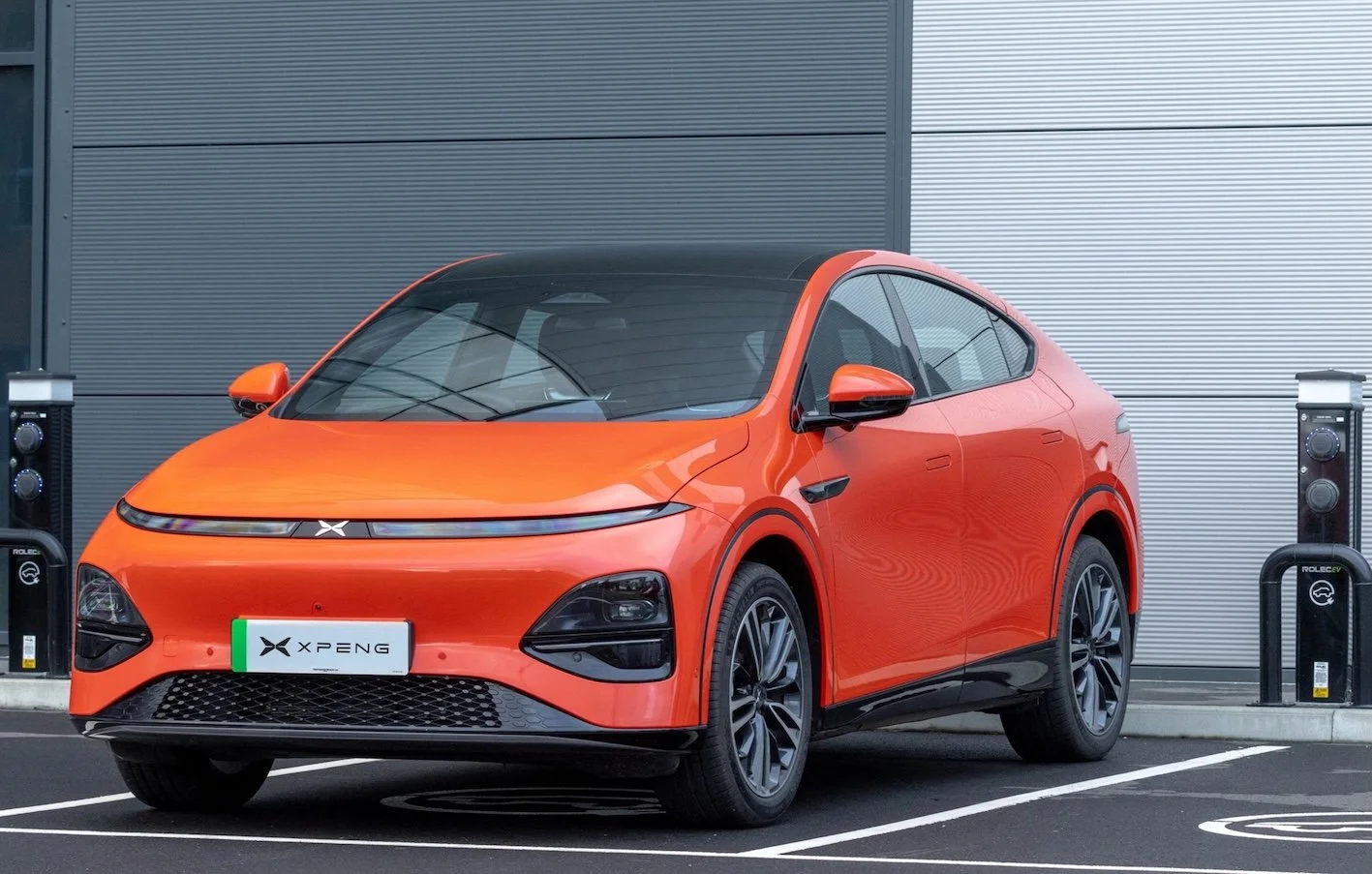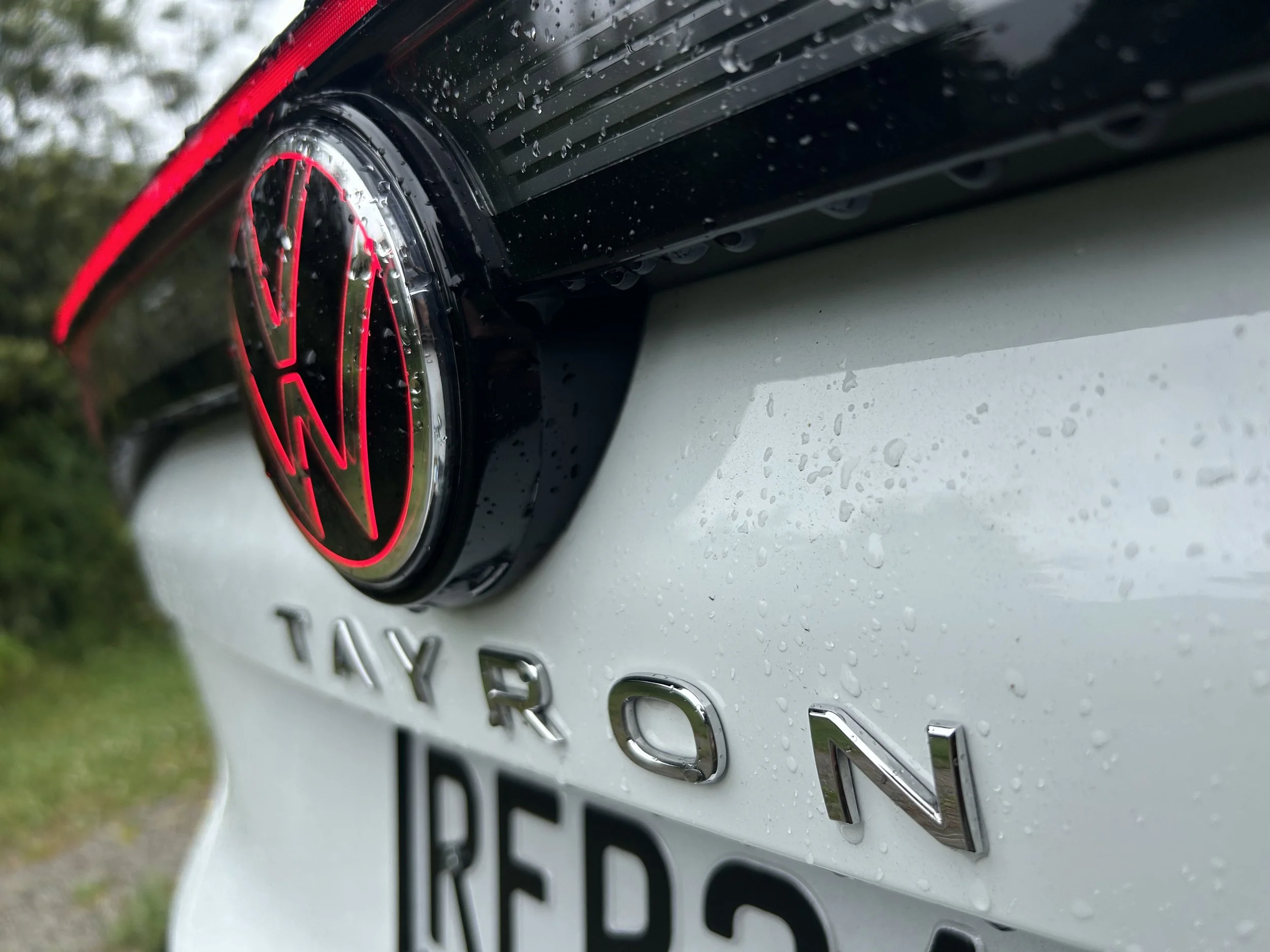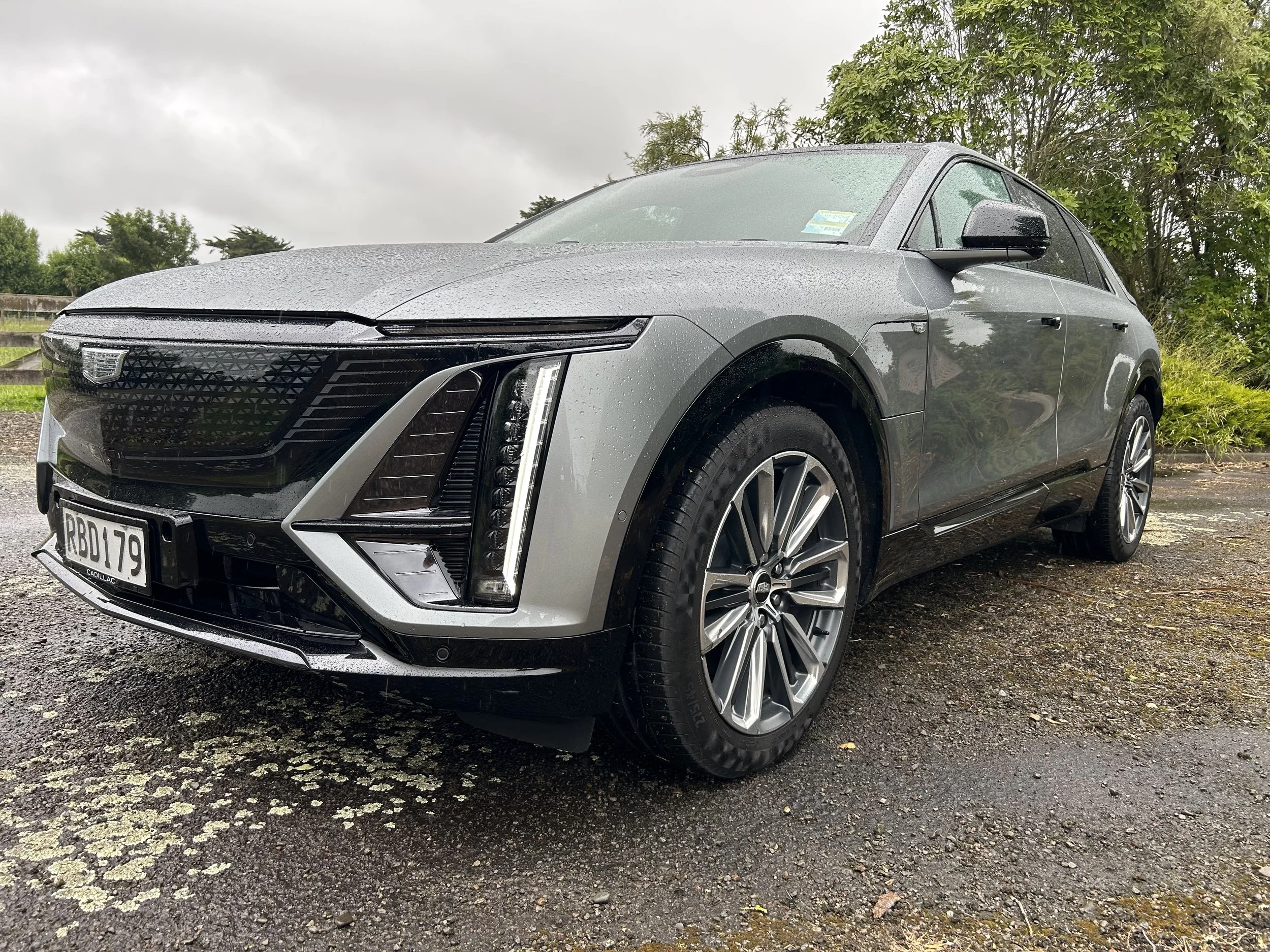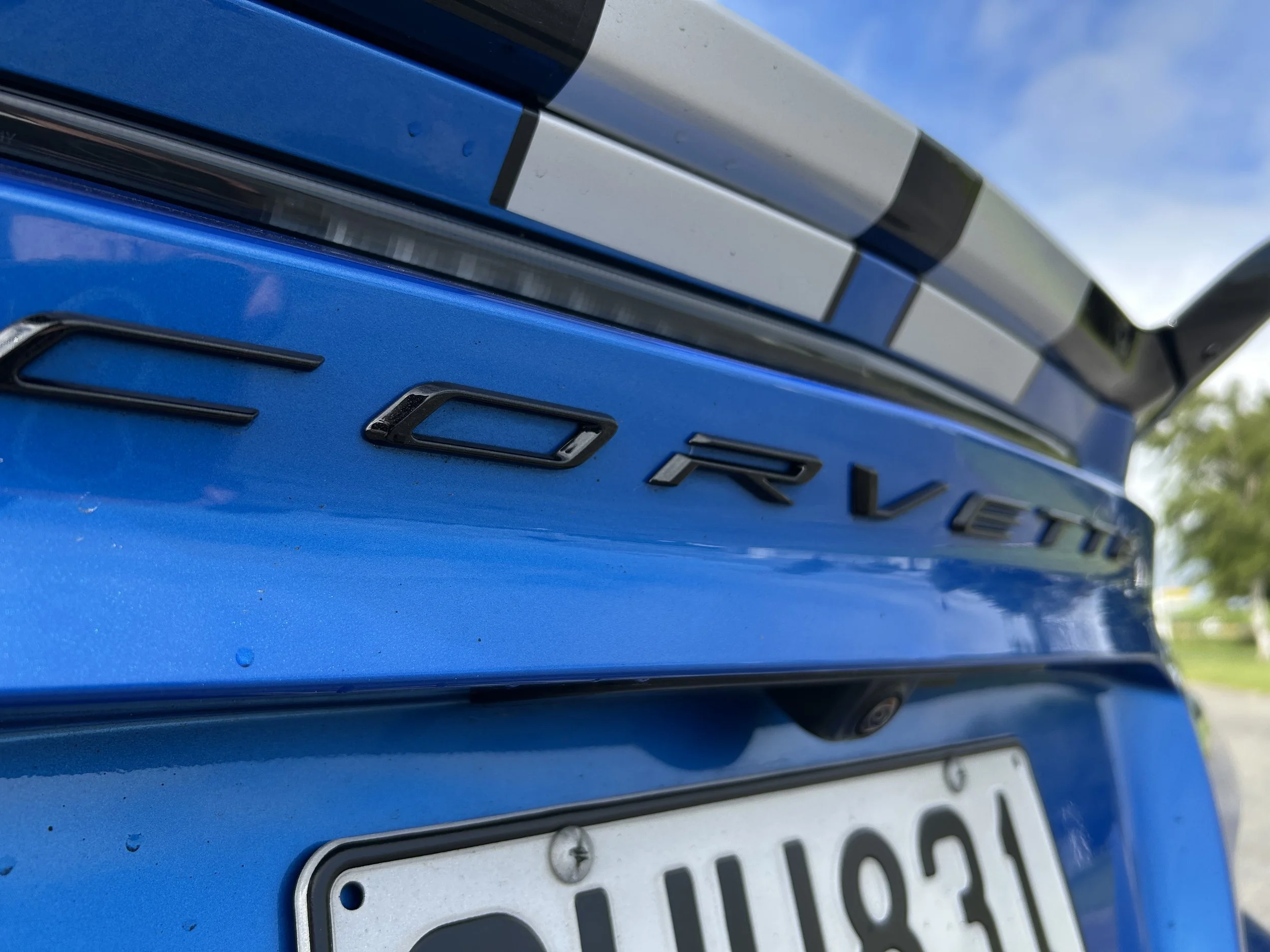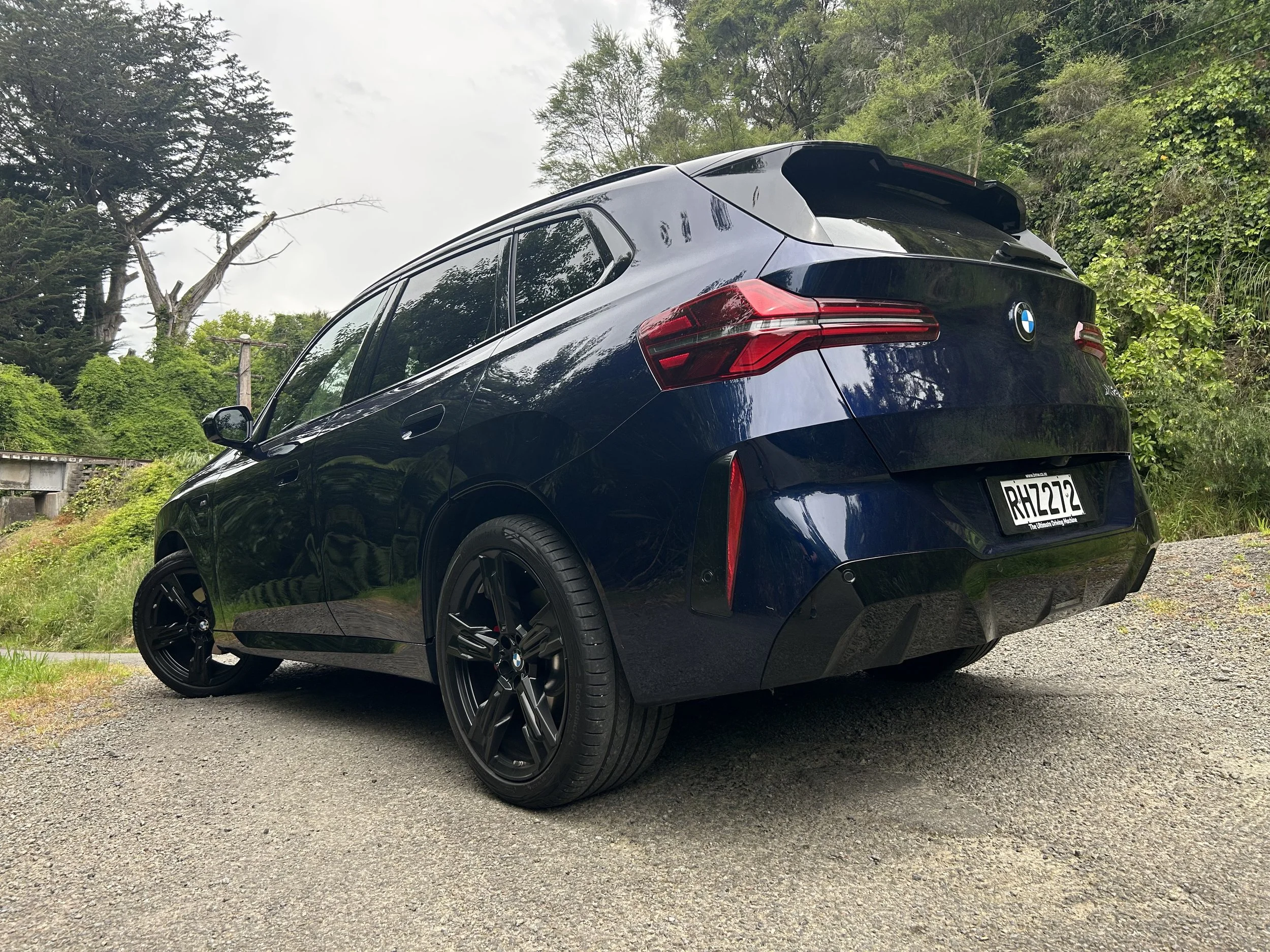TNZ casts eye on wee Pod
/Teensy electric city car here for trial, but will it ever come on sale?
A TEENSY two-seater that stands extra small even within the ‘kei’ class category that demands pertness and has previously delivered teensy Suzuki, Daihatsu and Mitsubishi fare to Kiwis is under trial here.
Toyota New Zealand has acknowledged it has imported an example of the oddly-named C+Pod, an outlandishly pert single motor two-seater that tops out at 60kmh and lends 150 kilometres range at best from its battery.
The Palmerston North-based market leader has yet to spell out how serious is is about selling the car, which based on Japan market prices could hold a commensurately-sized sticker: Around $20,000.
However it not only has electric on its mind and is chastened that the first mainstream fully battery car, the BZ4X, is now almost a year behind original on-sale promise and won’t now arrive until early to mid-2024.
Beyond that, it is also keen to steal a leap on the local industry by being be first to deliver electric mobility solutions as alternates to full-sized cars here.
That’s exactly the role C+Pod has fulfilled since it launched in Japan, so far its sole market, just over a year ago.
Initially only offered to municipal and corporate customers for things like ride-sharing services, but now in general availability but only through lease, with young drivers and the elderly targeted, it is purpose-designed for users who frequently travel short distances.
It’s become a tiny champion in Japan; to point of being on stage with 14 concepts when Toyota undertook a big media rally almost two years ago to prove it really is committed to electric cars.
Conceivably, there could be a legislative hurdle or two ahead for NZ introduction, with questions likely to be raised about its suitability for road use in respect to its size, limited performance and on safety ground.
The look will allow it to stand out in any roadscape, but it would not be able to maintain pace with the traffic flow.
Even though Kei class cars have been previously sold here, it is considerably smaller than anything else constructed to meet the constraints demanded for club membership.
Toyota cites the C+Pod as being just 2490mm long and 1290mm wide and weighing just 690kg. That’s barely 30kgs more than the Toyota Racing Series racing car, with its driver, that TNZ supports for top-level national motorsport.
Unsurprisingly, In Japan C+Pod sells as one of the smallest Kei cars ever.
Would those limitations conceivably put it in the same size bracket as a quadricycle, a vehicle type that is generally not allowed for road use here? The only exception has been the Paxster delivery vehicle, used by NZ post.
By comparison, the Mitsubishi EK-X, another kei class electric that is being considered for sale by Mitsubishi Motors New Zealand is substantially bigger, at 3395mm long, 1475mm wide, and 1655mm tall.
EK-X is also around 300kg heavier and is designed to seat five. While it has just 20kms’ more range that the Toyota, EK-X runs a more powerful motor and also has safety features that appear absent from the C+Pod.
Because they generally only sells in Japan, Kei cars are not designed with consideration to the Australasian New Car Assessment Programme protocols that New Zealand has set as its primary crash test assessment.
That in itself does not prohibit sales, as there is another regime designed for cars that don’t have ANCAP stars. That conduit, the Vehicle Safety Risk Ratings scheme, will also be used for EK-X.
As is typical of Japan domestic market product, both cars have a Chademo plug, rather than the more useful CCS type, so restrict to AC charging.
There are positives to the petiteness. Assuming two reasonably-sized adult Kiwis could squeeze into it, users will find it to be highly manoeuvrable - it can turn a full 360 degrees in a space of 3.9 metres.
Another useful feature is that it an optional external power outlet means it can be used as a mobile battery pack. Toyota says that it can output 1500w of power at once, which it claims is enough to power a smartphone, laptop, pressure cooker and a heater all at once.
Toyota in Japan decided to restrict C+Pod to lease contracts so it can proactively recycle the machines in the future.
TNZ did not actively highlight that the C+Pod is here, but reacted when an electric vehicle website published images it took of the car.









